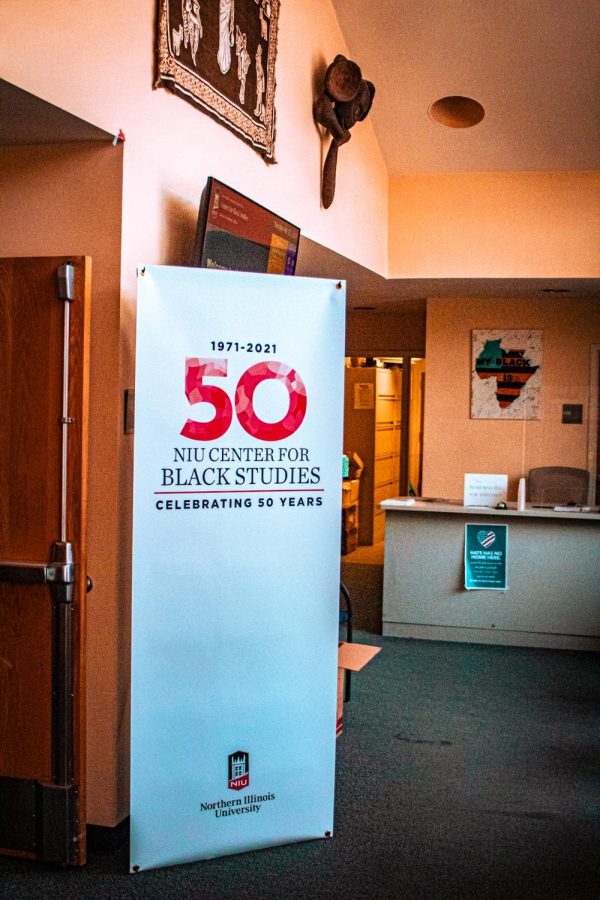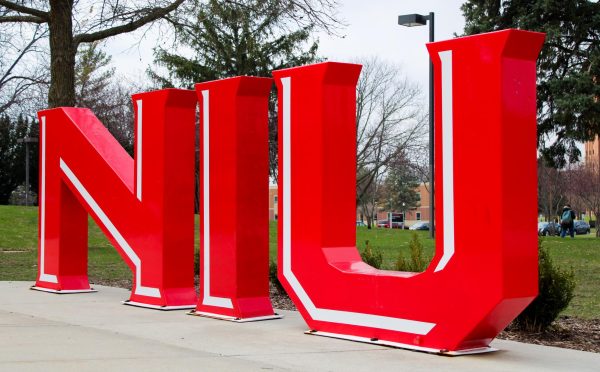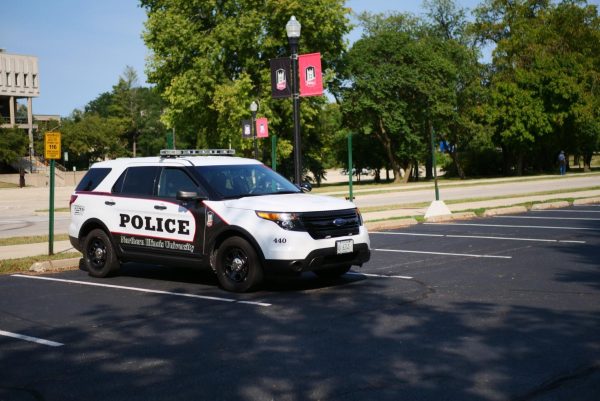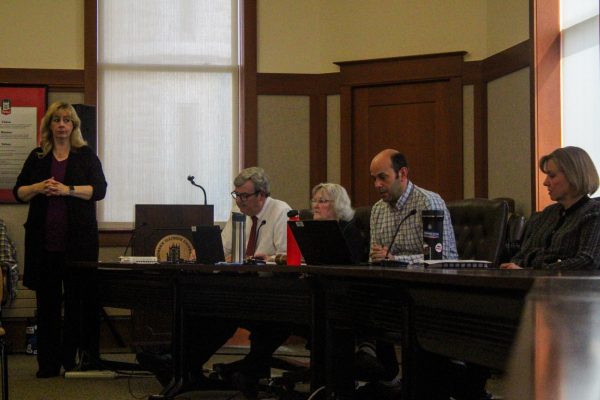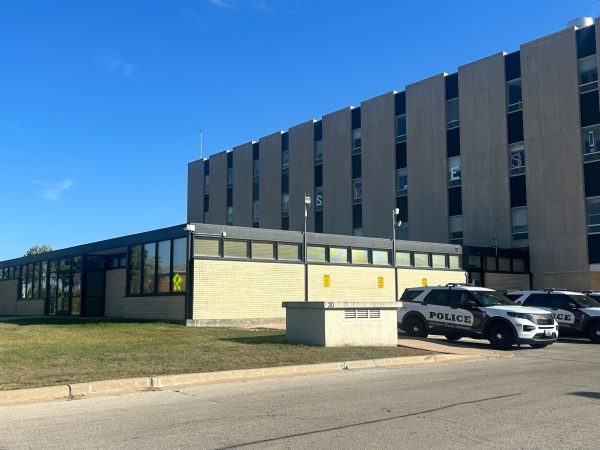Associate Director: ‘If you don’t have a diverse faculty, you can further systemic racism’
Having a diverse faculty creates a more welcoming environment.
DeKALB – When the Center for Black Studies was awarded Cultural Center of the Year in October, it sent a strong message to NIU’s commitment toward the advancement of people of color.
While NIU is a diverse campus, with 46.2% of undergraduate students belonging to a minority group, NIU’s faculty doesn’t reflect its campus with 11.2% of faculty belonging to minority groups, according to College Factual. Nationwide, 25% of faculty belong to minority groups, according to the National Center for Education Studies.
“The more we promote, the more people understand that people are respected,” said Joseph Flynn, Associate Director of Academic Affairs at the Center for Black Studies.
This lack of diversity can be a massive problem for college campuses.
“I would like to see more people who look like me,” said Nailah Mobley, a sophomore history major at NIU.
A lack of diversity within American schools has been prevalent for decades. When the Supreme Court ruled that segregation was unconstitutional in Brown v. Board of Education of Topeka, Kansas, schools began to integrate students. However, Black teachers of segregated Black schools were dismissed or forced to resign by these newly formed, integrated school districts, according to the National Education Association.
“If you don’t have a diverse faculty, you can further systemic racism,” Flynn said.
As a result, campuses have been slowly catching up. Accomplishing diversity is a slow process because to hire a professor primarily because they belong to a minority group would be a misuse of affirmative action policies, Flynn said.
“We can’t say we only want Black professors,” Flynn said.
The best way to encourage diversity at NIU is to root out implicit bias in the hiring process.
“It’s becoming important to make strong connections with people of color,” Flynn said.
By having a more diverse faculty, students can exist in an environment that feels more welcoming to them. It can even be inspirational and persuade minority students to pursue career fields that were previously thought as unattainable. Currently, there is a massive disparity with Black and Hispanic people less likely to earn degrees in STEM fields, according to PEW Research Center.
“It would encourage more students to become teachers and to be more comfortable with staff,” Mobley said.
It would also mean a faculty with a larger array of world experiences would be at NIU. This environment could be beneficial to students, especially in situations where minority students are in an uncomfortable situation and don’t feel like their voices matter.
One example occurred when Mobley was in a classroom discussion. In the discussion, a classmate compared wearing masks to prevent the spread of COVID-19 to the segregation of the Jim Crow South.
“I thought the comparison was a bit of a stretch,” Mobley said. “I think privilege is when you think being asked to wear a mask is like segregation. When I spoke up about this, I was told to be respectful to my classmate. Inside I was wondering, ‘Why didn’t you speak up before?’”


